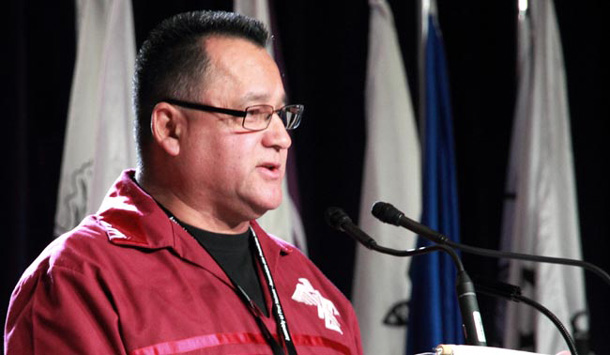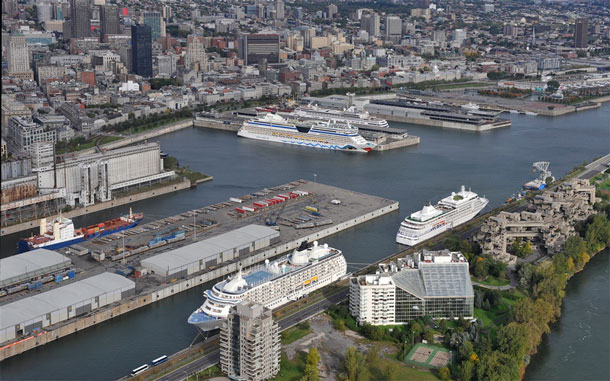THUNDER BAY – Anishinabek Nation Grand Council Chief Patrick Madahbee says he is greatly disappointed after the Great Lakes-St. Lawrence Regional Body voted on June 21 to allow Waukesha, Wisconsin to divert water from Lake Michigan .
“This is the beginning of the water wars that we were warned about and this will open doors for other jurisdiction outside the Great Lakes Basin to tap into the waters,” says Grand Council Chief Madahbee. “First Nations on the Canadian side have not been consulted as per the United Nations Declaration on the Rights of Indigenous Peoples to which both Canada and the United States are signatory. Here we go again, just like the treaties, UNDRIP is being ignored.”
Water to be Withdrawn from Great Lakes
The City of Waukesha will withdraw 31 million litres daily from Lake Michigan. Waukesha is the first straddling community to request water under the Great Lakes-St. Lawrence River Basin Sustainable Water Resources Agreement & Compact with exception standards between two Canadian Provinces and eight Governing States that ban diversions of water away from the Great Lakes.
“The Great Lakes are the heart of the Anishinabek Nation and Waukesha’s diversion raises discomfort among the Anishinabek Nation communities,” adds Madahbee. “Our communities are around the Great Lakes and this decision could set a dangerous precedent for other jurisdictions facing water shortages. The Anishinabek Nation has opposed the Waukesha Water Diversion and any other proposed water diversion out of the Great Lakes Basin and we do not support the exception standards to water diversion to nearby communities that are straddling the states of the Great Lakes Basin.”
Water Walker Disappointed
Grandmother and water walker Josephine Mandamin has walked more than 10,000 miles along the banks of numerous lakes and rivers with her copper pail to give the Great Lakes and all the creatures that depend on them, a voice.
“This is terrible news about Waukesha, now the precedent is in place,” says Josephine Mandamin. “Taking care of the water is the responsibility of the Anishinabek people, and it is heart breaking that we are not part of the decisions that is occurring with the waters of the Great Lakes. We are the care takers of this precious resource, this responsibility was handed to us. We have been governed by the Creator to take care of our Mother the Earth and as women we have a duty to perform on behalf of all creation to take special care of the Waters. This is a combined responsibility”
Deputy Grand Council Chief Glen Hare says that the Anishinabek Nation represents 1/3 of Ontario’s Indigenous population all located within the Great Lakes Basin.
“As part of the United Indian Nations of the Great Lakes we have an inherent right and sacred responsibility to protect these waters,” says Hare. “Any discussion and decision of the management of the Great Lakes must be Nation-to-Nation with the Anishinabek Nation.”




